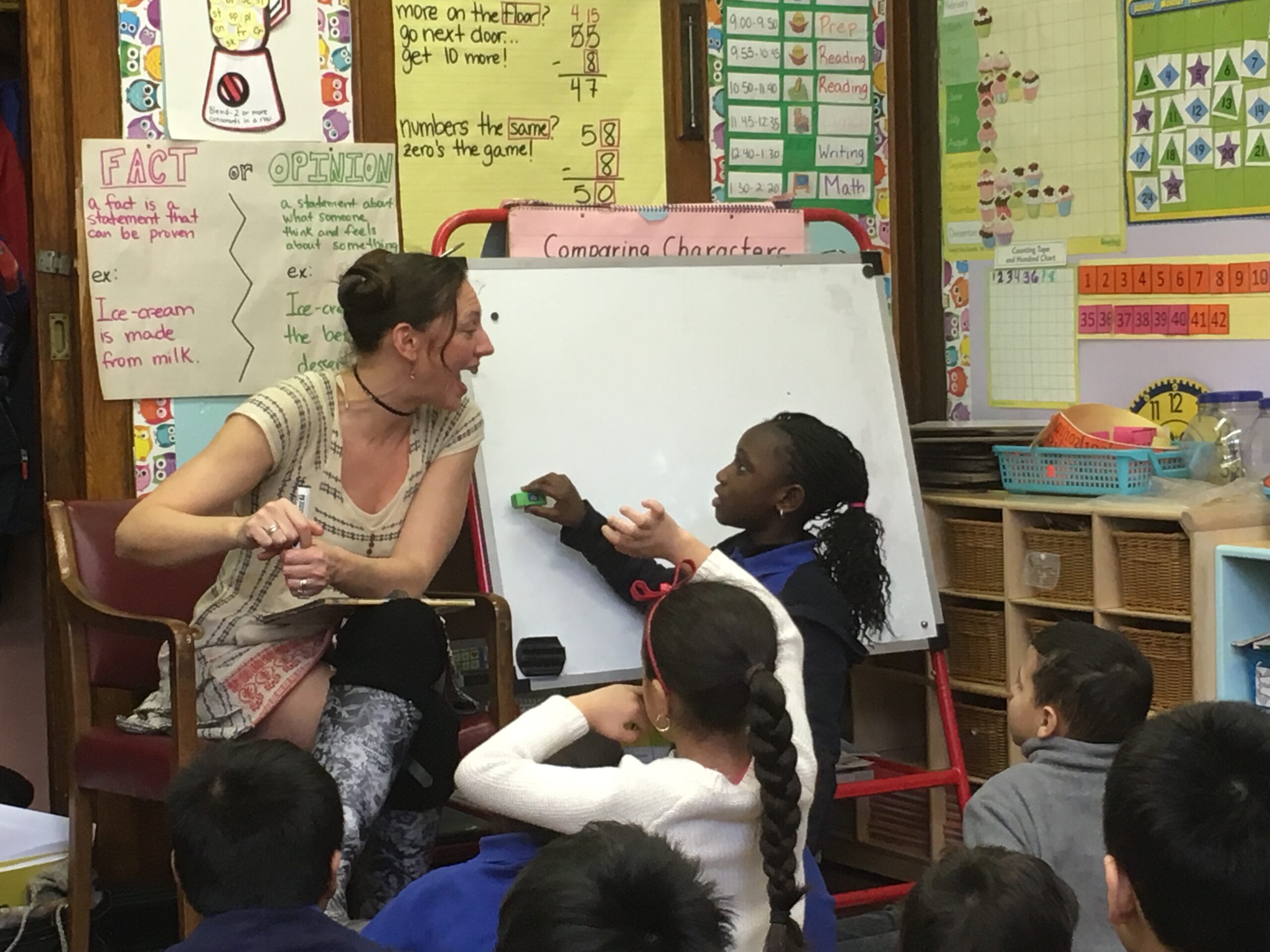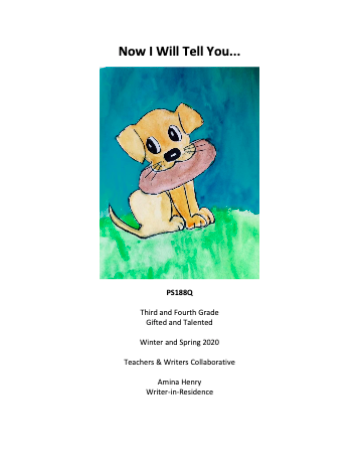Originally published in Teachers & Writers Magazine (Vol. 44, No. 3, 2013).
When I tell people that I work with military veterans, one of the first things they say is, It must help them to talk about their experiences, or, It must be good for them to get those terrible things off their chest.
The truth is that there are many other places where veterans can share difficult experiences. Group and individual counseling, as well as veterans’ support or “rap” groups, all provide camaraderie and an emotional outlet. The question is, does writing and the writing workshop experience offer anything more?
Most everyone agrees that creative or “expressive” writing can have positive effects for people who have experienced trauma. How this works is much less clear. In my experience, the explanation is to be found not in the language of psychology or neuroscience, but in the language of the writing process itself. I believe the key word in understanding how the writing process can help people living with trauma is revision.
As every writer or teacher of writing knows, revision can be painful. To revise, and revise well, we need to stop seeing our first drafts as something fixed and inflexible, and start seeing them as something malleable that we have power over and can change for the better.
When I met Frank M., he was living in a residence facility for homeless veterans and had just “graduated” from a Post-Traumatic Stress Disorder (PTSD) counseling program. His counselor had encouraged him to join the writing workshop I was running. “She says it’ll be good for me,” Frank said, shrugging.
Frank’s trauma had occurred not on the battlefield but on home ground, during his time as a military policeman on a naval base in California, although none of his fellow veterans at the workshop knew what had happened.
Week after week, Frank continued to work his way toward the incident he’d come to the workshop to write about. I never pushed him. This was not, as I’d explained, a “writing therapy” group—this was a writing workshop, and our goal was to create the very best stories we could write.
Finally, Frank brought in the pages he’d struggled so hard to complete. With his friend Eddie’s hand on his shoulder for support, Frank read to us about the day he’d gone out on a call to search for a missing child.
After ten minutes that felt like ten hours, I decided to go into the house myself. As I walked up the steps, something at the left of the entrance caught my eye. It was a medium-sized Coleman cooler with the lid closed. I walked up to the cooler and opened it up on a hunch. To my shock and dismay, the little boy was in there, his ball lying right next to his hand. The odor was overwhelming and his skin was clammy and gray. Instinctively, I reached into the cooler and pulled him out.
Taking deep, shaky breaths between words, Frank read about his unsuccessful attempts to revive the child, his subsequent realization that he could no longer be a policeman, and the hard-won wisdom he’d come away with.
It would be years before I accepted the fact that there was not anything I could have done to prevent that child from dying like that. As I look back now, I realize that there are things that happen in life that you cannot control.
Critics may say that for people living with the effects of trauma, the kind of “control” that writing offers is illusory because it can’t change what happened, nor can it prevent bad things from happening in the future. But the fact is it’s not the experience itself that causes us suffering—it’s the story we tell ourselves about the experience afterward, what we think it means about the world and about ourselves. And as writers and teachers of writing, that is something we can change.



